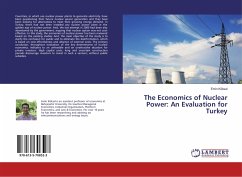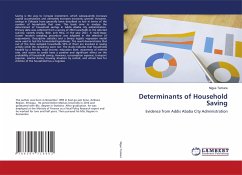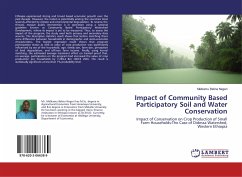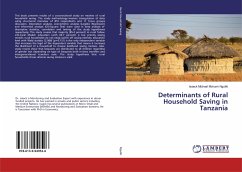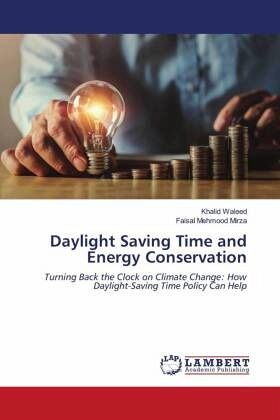
Daylight Saving Time and Energy Conservation
Turning Back the Clock on Climate Change: How Daylight-Saving Time Policy Can Help
Versandkostenfrei!
Versandfertig in 6-10 Tagen
29,99 €
inkl. MwSt.

PAYBACK Punkte
15 °P sammeln!
This book assesses the impact of daylight saving time (DST) on hourly electricity load using natural experiment for the case of Pakistan. DST was implemented in Pakistan in 2008 and 2009. This unique history of DST implementation has provided a natural experiment to form control and treatment period to identify the impact of DST directly with before and after and with and without analysis, without getting into the seasonal biasness in control period due to reduced electricity demand in fall. To address this potential seasonal biasness, this study employs two different identification techniques...
This book assesses the impact of daylight saving time (DST) on hourly electricity load using natural experiment for the case of Pakistan. DST was implemented in Pakistan in 2008 and 2009. This unique history of DST implementation has provided a natural experiment to form control and treatment period to identify the impact of DST directly with before and after and with and without analysis, without getting into the seasonal biasness in control period due to reduced electricity demand in fall. To address this potential seasonal biasness, this study employs two different identification techniques, direct approach uses before and after analysis whereas the other ''equivalent day normalization technique'' make use of with and without analysis and utilizes the block of hours as control period. These two approaches also cross-examine the results of each other. The standard difference-in-difference (DID) average treatment effects model with direct approach suggests a reduction of 2.9 percent in electricity loads due to DST, whereas equivalent day normalization approach indicates 2.3 percent reduction in electricity loads for the case of Pakistan for the time period of 2008 and 2009.








